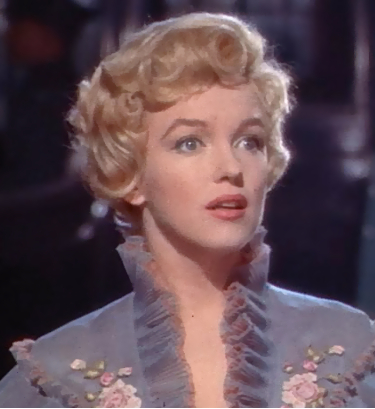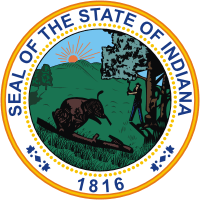Indianapolis, IN – The Indiana Court of Appeals has held that a successor company’s continued use of a trademark created a genuine issue of fact as to whether the successor should be liable for a breach of contract by its predecessor. Attorneys for Zeise & Sons Excavating, Inc. of Crown Point,Indiana had sued Boyer Construction Group Corporation (“Group”) of Highland, Indiana in the Lake County Superior Court for breach of contract and had argued that Group should be liable for the breach by its predecessor company, Boyer Construction Corporation (“Corporation”), under theories of breaching the corporate veil of an alter ego corporation. Zeise also argued that Group should be liable under a theory of successor liability. The contract in question involved construction of a retail development. It was undisputed that Zeise had performed all of its obligations under the contract and that Corporation had failed to pay as provided by the contract. The Lake County Superior court had granted Group a partial summary judgment in favor of Group, finding neither of Zeise’s theories created liability for Group.
The Court of Appeals reversed the summary judgment. The court noted that a decision to pierce to corporate veil requires a fact-sensitive inquiry. The court noted that Zeise had presented numerous facts to support piercing the corporate veil, including continued use of trademarks, logos and website address. In addition, the Court of Appeals found that continued use of trademarks, logos and website address created issues of material fact regarding Ziese’s successor liability claim. The court, however, declined to issue a summary judgment in favor of Ziese. Rather, the court found that Ziese raised a genuine question of a material fact and therefore summary judgment was not appropriate. The case has been remanded for trial.
Practice Tip: When a company sells its assets to another company, it is important to remember intellectual property such as trademarks, patents and copyrights. Failure to document an assignment or license can result the “piercing the corporate veil,” and personal liability of the business owners.
 Indiana Intellectual Property Law News
Indiana Intellectual Property Law News





 Representatives
Representatives 

